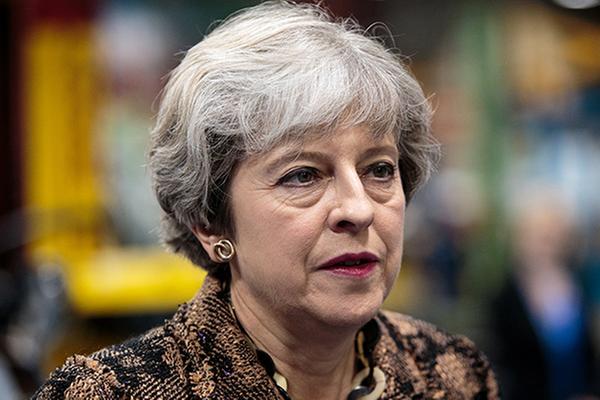UK to leave European Court of Justice: PM
Xinhua | Updated: 2017-08-24 10:48
 |
| Britain's Prime Minister Theresa May tours the Alexander Dennis bus and coach manufacturers factory in Guildford, Britain, Aug 23, 2017. [Photo/Agencies] |
LONDON - British Prime Minister Theresa May insisted Wednesday that the jurisdiction of the European Court of Justice in Britain would end with Brexit.
In its latest position paper ahead of Brexit talks with EU negotiators in Brussels, the British government has mapped out its proposals for legal processes when the two part company.
However, national newspapers Wednesday headlined articles claiming the European Court of Justice (CJEU) would still have a say in Britain's legal processes.
An article in Guardian newspaper claimed May had been accused of making a u-turn, with a headline: "Brexit paper leaves open the possibility of Europe retaining a say on UK law."
The Daily Telegraph's main headline "EU law binding after Brexit" with a story saying the new paper set out arrangements that could see European judges ruling on British disputes.
But in interviews Wednesday, May and her justice ministers insisted that control over British law would return to Britain.
May said: "What we will be able to do is to make our own laws. Parliament will make our laws, it is British judges that will interpret those laws, and it will be the British Supreme Court that will be the ultimate arbiter of those laws."
In the latest policy paper, the British government does not rule out CJEU continuing its jurisdiction during any Brexit transition beyond March 2019 when Britain will leave the EU.
Justice Minister Dominic Raab said in a media interview there would be "divergence" between British and EU case law after Brexit.
Rabb added in a radio interview: "Britain is leaving the EU and we will end the jurisdiction of the European Court of Justice. There will be no jurisdiction of the European Court any more than the UK Supreme Court over disputes between the UK and the EU," but added the two would keep "half an eye" on each other as a matter of practice.
"Ultimately, we may need some form of international arbitration. We have looked very carefully at the global practice and also the EU's own practice," Rabb said.
In this scenario, the UK and the EU would both appoint respective arbitrators and both sides might appoint a third to ensure balance.
























